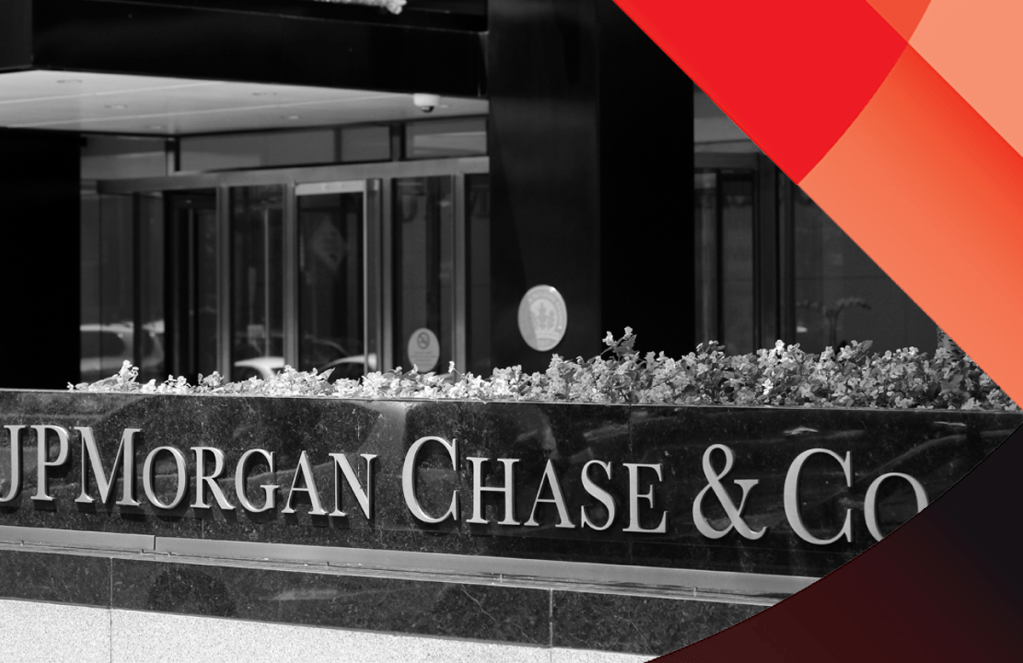Private-label market wraps up January with a roar

J.P. Morgan Mortgage Trust, the securitization conduit for financial giant JPMorgan, recently issued a $2 billion offering backed by a pool of jumbo loans — capping off a vibrant first month of 2022 for the overall private-label market.
At least 25 transactions collateralized by more than 27,000 mortgages valued at $14.3 billion hit the market in January, based on an analysis of the flurry of bond-rating reports published over the month. The offerings were evenly divided among the major private-label buckets.
- Jumbo-loan offerings — seven deals at $5.67 billion.
- Investment property/second home offerings —eight deals valued at $4.17 billion
- Non-QM (or non-prime) issuances — nine deals at $4.03 billion. ‘
- Plus, there was one private-label transaction involving reperforming loans (BRAVO Residential Funding Trust 2022-RPL1), which was backed by mortgages valued at about $414 million.
For the month, JPMorgan sponsored the largest deals in both the jumbo and investment-property categories — with its $2 billion jumbo offering and a separate nearly $740 million deal backed by investment properties.
On the non-QM side — a market that serves borrowers who don’t qualify for traditional agency-backed mortgages — lender Verus Mortgage Capital and real estate investment trust Starwood Property Trust led the way. They sponsored offerings through their private-label conduits valued at more than $562 million each.
“The non-QM market is beginning to mature much more and at a much faster pace than what people were anticipating, and much of that is tied to interest rates [rising],” said Tom Piercy, managing director of Incenter Mortgage Advisors. “So, as you begin to see refinances move away, and we go into this purchase market, the non-QM space obviously has a much broader capability in the credit box, and that will allow it to capture greater market share through the purchase-money side.”
Last year, Verus Mortgage sponsored 11 private label transaction valued at about $5.4 billion, according to data from Kroll Bond Rating Agency (KBRA), while Starwood sponsored half a dozen offerings valued at nearly $2.3 billion.
JPMorgan ended 2021 with 17 completed jumbo-loan securitization deals valued at $17.1 billion and eight offerings backed primarily by investment properties/second homes valued in total at $3.9 billion, KBRA data show. The combined value of JPMorgan’s private-label transactions, about $21 billion in 2021, represents 18% of KBRA’s estimated $115 billion in deal volume for the entire private-label market last year.
“The 2021 resurgence of the private label mortgage-backed securities market was led by J.P. Morgan … with a robust 17 [jumbo] deals pricing for more than $17 billion,” states a January report published by digital mortgage platform MAXEX — in which JP Morgan is in an investor. “J.P’s volume alone nearly eclipsed 2020’s [jumbo-securitization] volume across all issuers.
“Other notable deals include Citigroup’s first foray into the prime residential mortgage-backed securities (RMBS) market since 2014.”
MAXEX notes that Citigroup, which originated close to $31.2 billion in residential mortgages last year, finished 2021 with three jumbo-loan offerings valued at slightly more than $1 billion. The lender also sponsored three private label offerings backed by investment properties last year valued at $800 million, KBRA data show.
Citigroup added to its securitization portfolio in January of this year with another offering, Citigroup Mortgage Loan Trust 2022-J1, which is backed by high-balance mortgages valued at $351 million.
In addition to JPMorgan, Citigroup, Verus and Starwood, other major private-label deal sponsors in January included Rocket Mortgage, Redwood Trust (through its Sequoia conduit), Goldman Sachs, Guaranteed Rate, loanDepot (through its conduit, Mello Mortgage Capital Acceptance), and Wells Fargo.
As of October 2021, according to the most recent report from the Urban Institute’s Housing Finance Policy Center, the non-agency share of the RMBS market — compared with the agency share — stood at 4%, up from 2.44% in 2020. Still, it’s far off the nearly 60% of the market private-label issuance commanded just prior to the housing-market crash in 2008.
The Federal Housing Finance Agency’s (FHFA’s) recently announced plan to hike upfront fees for high-balance and second-home loans effective April 1 should provide a boost for the private-label securities market in 2022, according to Dashiell Robinson, president of Redwood Trust. He added that the fee boost helps to offset the drag on the non-agency RMBS market from the FHFA’s 2022 conforming-loan limit increase as well as its suspension last fall of volume caps on agency purchases of investment-property and second-home mortgages.
“The FHFA, particularly in the Biden administration, seems to be more focused on first-time homebuyers, minority homeowners — getting back to the roots of the [government-sponsored enterprises] purpose, which is homeownership,” said John Toohig, managing director of whole-loan trading at Raymond James. “It’s not your second home, or investor property, or high-balance loan. It’s not your mansion. It’s your first home.
“I would bet 2022, you’ll see more of a move in that direction, which is going to push more deals into the private label market.”
The post Private-label market wraps up January with a roar appeared first on HousingWire.



 :215-447-7209
:215-447-7209 : deals(at)frankbuysphilly.com
: deals(at)frankbuysphilly.com
